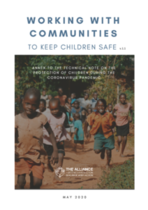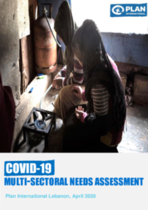Making the Transition: How Asset Building Services Can Promote Positive Adult Outcomes for Foster Youth
This paper examines the frequency with which transition-age foster youth receive asset building services and whether the youth who receive services experience improved outcomes compared to those who do not.


